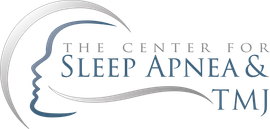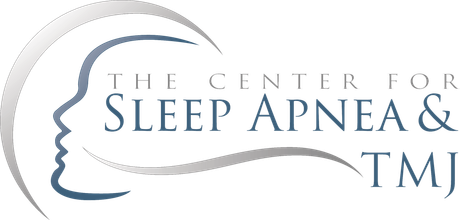CONTACT US
Our Address and Office Hours
The Center for Sleep Apnea & TMJ
1718 S Millennium Way, Meridian, ID 83642
(208) 376-3600
| Monday | 7 AM – 4 PM |
|---|---|
| Tuesday | 7 AM – 4 PM |
| Wednesday | 7 AM – 4 PM |
| Thursday | 7 AM – 4 PM |
| Friday | Closed |
| Saturday | Closed |
| Sunday | Closed |
Contact us today!
We will get back to you as soon as possible.
Please try again later.
Frequently Asked Questions
-
Will my insurance cover treatment?
Insurance coverage varies between plans and providers. We are contracted with most medical insurance providers including Medicare, Medicaid, Tricare, and the VA, so we can help you determine if your visit will be covered. In the vast majority of cases, where there is a medical need for treatment, insurance will cover at least part of the treatment.
-
Will treatment require surgery?
Here at The Center for Sleep Apnea & TMJ, we first focus on finding a non-surgical solution. We specialize in non-surgical treatments. Surgery is only considered a last resort when all other avenues of treatment have been explored.
-
Will I have to take medication?
Most of the treatments do not require the use of medications. In some cases, medication may be prescribed to help alleviate some of the pain caused by TMJ.
-
Will I have to be connected to a machine while I sleep?
We specialize in solutions for people that are CPAP intolerant or can’t use a CPAP machine.
In cases where CPAP treatment hasn’t been successful, we can recommend oral appliances worn at night. Oral appliance therapy is a widely used and accepted method for treating sleep-disordered breathing.
-
Are TMJ and ear pain related?
One of the typical symptoms of TMJ dysfunction is ear pain. Due to the TMJ's proximity to the auditory canal, discomfort and inflammation in this joint might impact the ear, causing tinnitus or ringing in the ears, which is a common symptom of TMJ.
-
TMJ, headaches, and sleep disorders. Are they related?
According to research, 85% of TMJ patients also have painful disorders in other body parts. Research has shown that untreated obstructive sleep apnea can be a cause of headaches and TMJ type pain. To determine what is causing your pain, reach out to The Center for Sleep Apnea & TMJ today.
-
Can using a CPAP cause a TMJ problem?
While uncommon, there are times when patients report TMJ-like symptoms while using CPAP therapy.
-
Can sleep apnea cause diabetes, or vice versa?
A significant correlation exists between diabetes and sleep apnea. Up to 48% of those with type 2 diabetes and sleep apnea diagnoses overlap, according to a clinical study. That 86% of obese type 2 diabetic individuals also have sleep apnea is even more startling.
-
Is snoring always a sign of sleep apnea?
Not always, but snoring is a common symptom of obstructive sleep apnea, even though it is not a sleep disorder in and of itself.
-
How does weight affect sleep apnea?
There is strong evidence connecting obesity with sleep apnea. Overweight individuals are more prone to have excess tissue in the back of their throat, which can descend into the airway and obstruct the passage of air into the lungs while they sleep.


